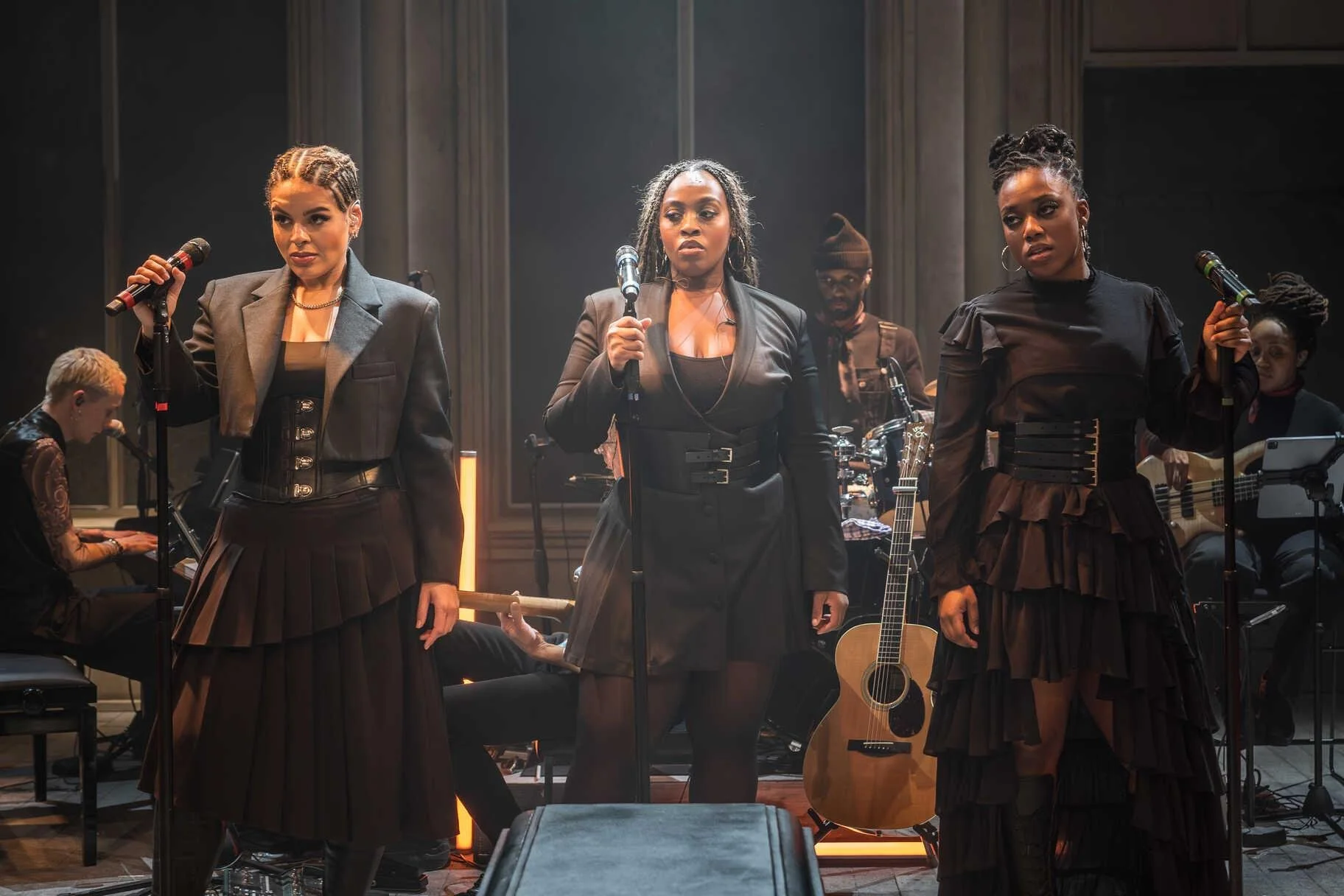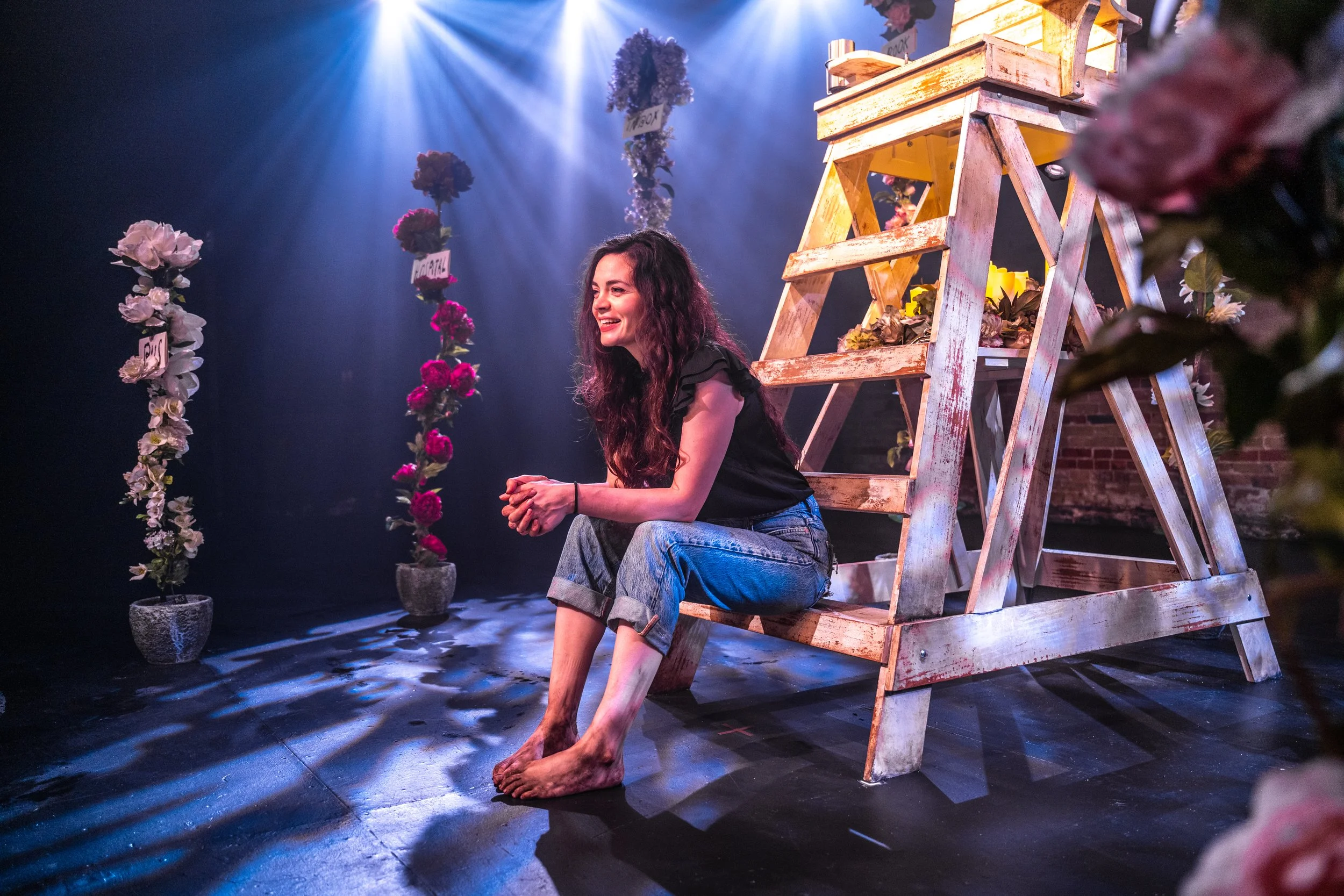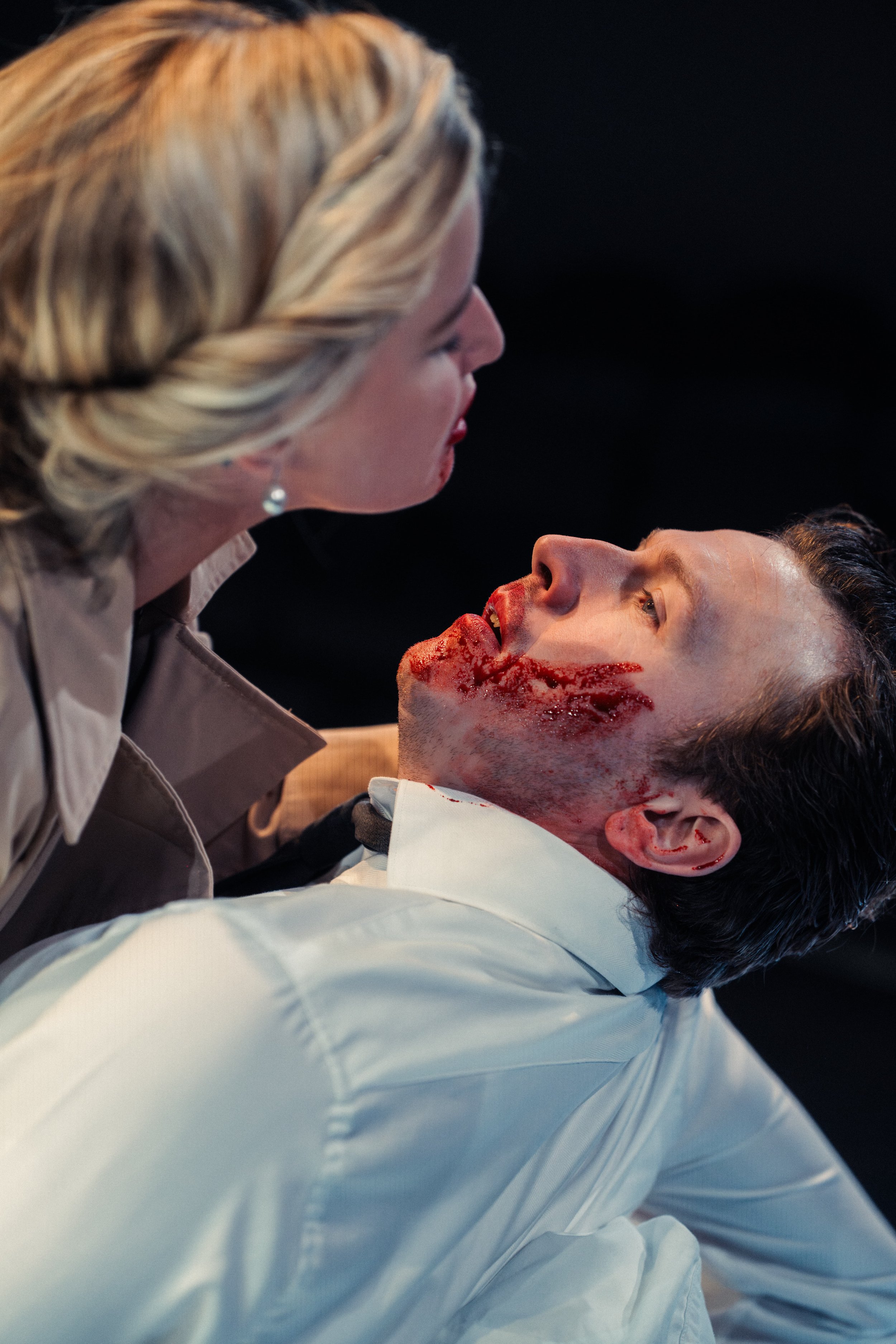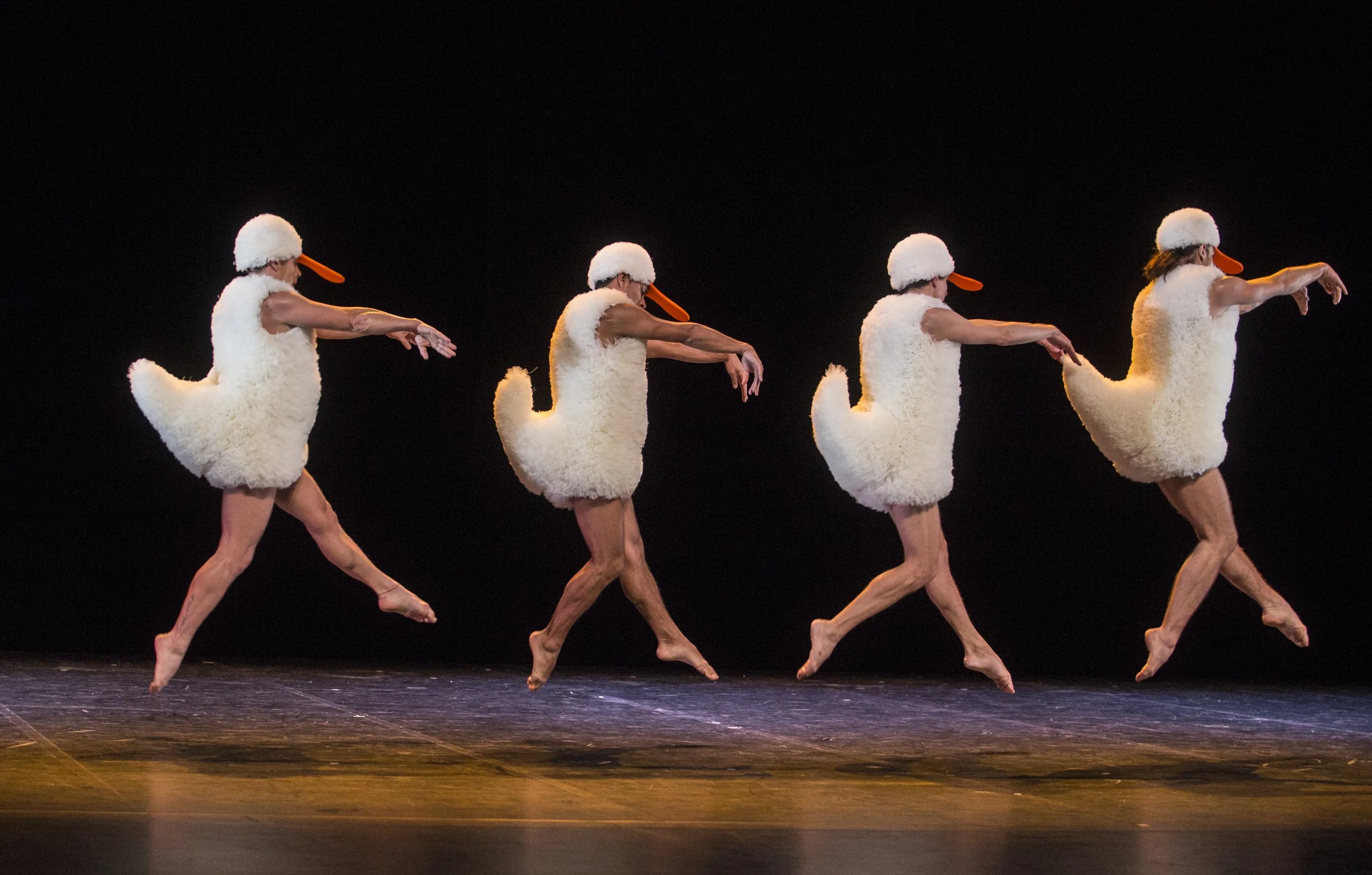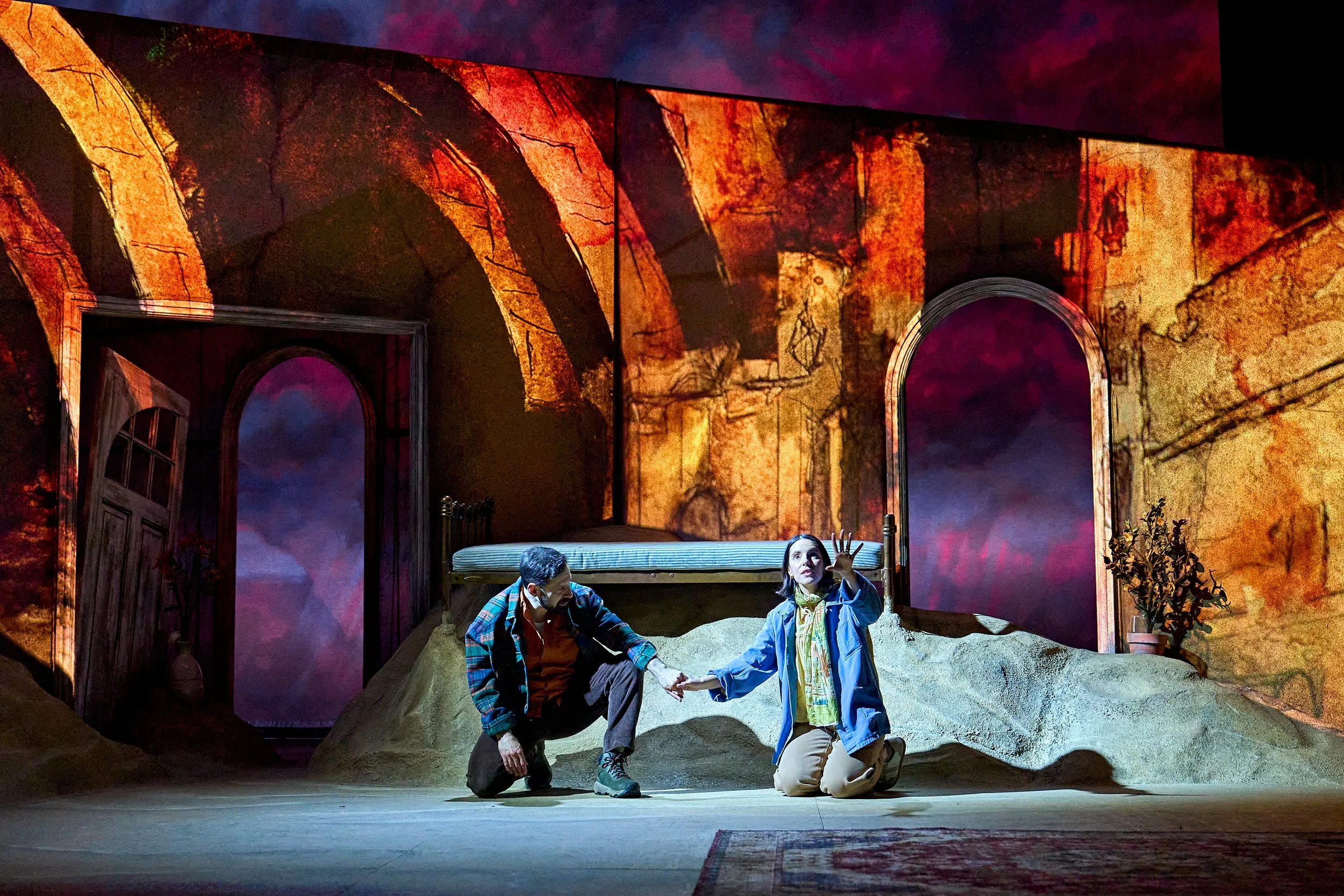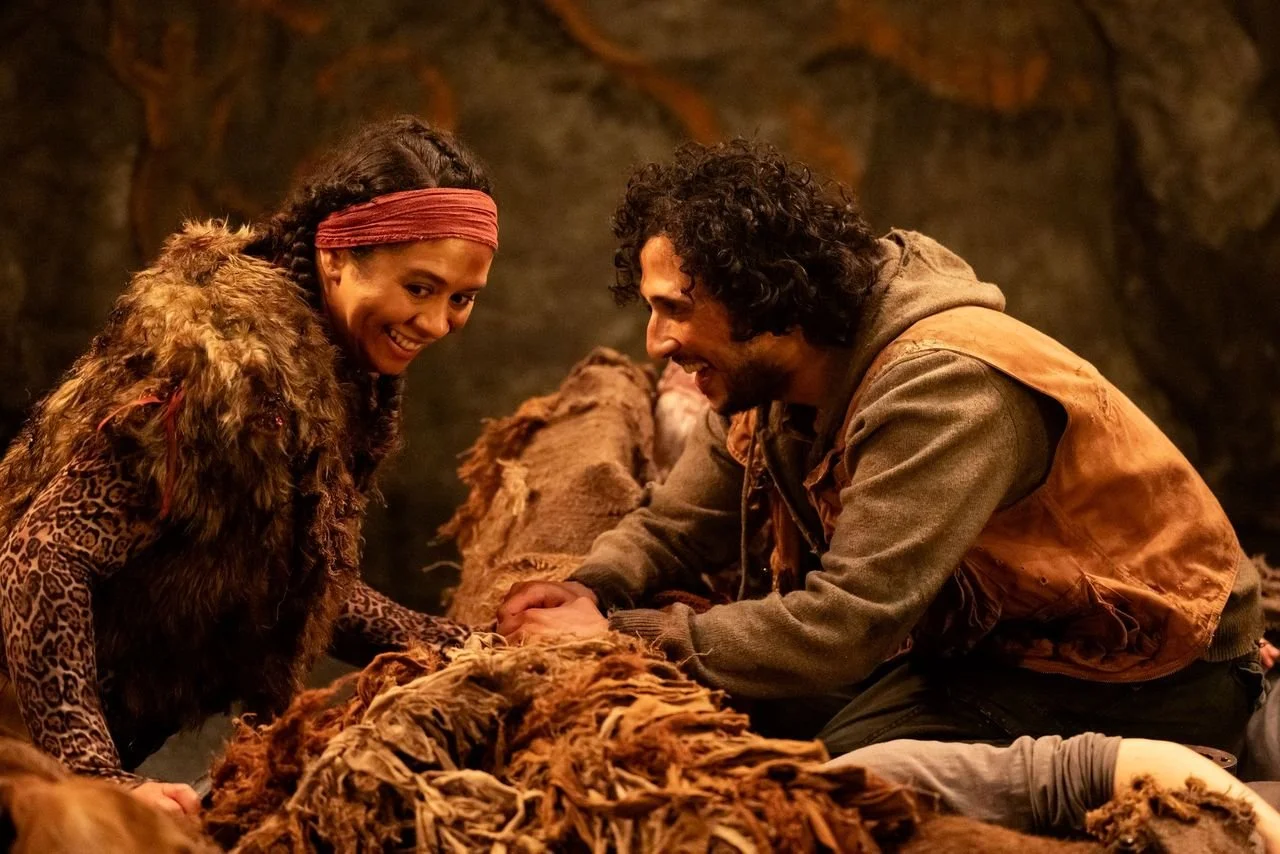One Of The Boys, Bluebird Productions Review
Matt Ray Brown (The Chair) in One Of The Boys. Photo by Craig Fuller
Reviewed by Danai for Theatre and Tonic
Disclaimer: Gifted tickets in exchange for an honest review
One of the Boys, presented by Bluebird Productions at The Playground Theatre, explores misogyny and gender inequality in the workplace, focusing on the dynamic between Eve, Kevin, and 'The Chair.' Played by Miriam Grace Edwards, Daniel Kendrick, and Matt Ray Brown, the trio faces upheaval with the arrival of Jess Gough’s character, Heidi, who shakes the office’s delicate balance. Her presence sets off a domino effect of conflict, change, and revelation, bringing the women together in their fight against male dominance, not just in their professional lives, but in their personal ones as well.
Ellie Wintour’s set design effectively complements the narrative, embodying the cold, sterile atmosphere of a corporate environment, with elements like the glass wall enhancing the sense of institutionalization. This glass partition not only provided poignant moments, such as Eve and Kevin’s scene behind it, but also served as a visual metaphor for the surveillance and scrutiny that permeates a real-world office, where nothing goes unnoticed. The story unfolded with a smooth, engaging rhythm, holding the audience’s attention throughout, thanks in large part to Tim Edge’s skilful dialogue and of course Lydia McKinley’s directing work. However, while the script’s intentions to tackle sexism and gender bias were genuine, the handling of these themes didn’t resonate with the audience as deeply as it could have.
The characters all exist within a privileged corporate setting, which doesn't negate the need for equal treatment or the persistence of patriarchal structures in such spaces. In fact, from a very personal experience, I found funny how I could relate and see parts of work environments I have been into in this play. Yet, the female experiences depicted in the play may not be universally relatable. These women are not depicted as victims of sexism who defy or subvert the system; rather, they are portrayed as participants in the same competitive, cutthroat capitalist environment, often adopting the very machismo they are fighting against. Even Heidi, who initially seems poised to challenge the status quo, is ultimately revealed to be working within the company’s interests, making her rebellion feel more like compliance. Eve's breakdown is driven not by a realization of the toxic patterns she perpetuates, but by her fear of losing her status, a concern rooted in professional ambition rather than personal growth. Her passion for success overshadows any deeper introspection. Likewise, Heidi’s efforts to "change" the office feel more like corporate manoeuvring than a genuine ideological challenge to male dominance. In essence, the stakes don’t feel high enough, particularly for audiences who might not share the characters’ career-driven, capitalist mindsets and the struggle portrayed in the play could feel distant for those outside of the privileged corporate bubble.
The ending was thought-provoking. Eve’s final speech attempts to address the oft-repeated questions like, "Why are women so angry?" and "Why do you hate men instead of aiming for equality?" While her response touches on these issues, she still doesn’t feel like a representative of a broader female experience for all the reasons mentioned. That said, her performance, like the rest of the cast's, was compelling throughout.
The business world certainly needs change, but this play depicts a version of that world devoid of the more pervasive struggles that women in less privileged environments face. Ultimately, One of the Boys seems to suggest that women in corporate settings must adopt the traits of their male counterparts to succeed—perhaps even becoming their own oppressors in the process. It explores how being ‘one of the boys’ can erode one’s identity, yet still doesn’t shield women from gender bias. While the play is a sincere effort to explore these themes, it doesn’t quite reach a narrative climax or offer characters that represent the experiences of most women. I was left wanting to see more representation of unprivileged women, those who wouldn’t even get the chance to become ‘One of the boys’.
At Playground Theatre until 27 October 2024.
★ ★ ★


